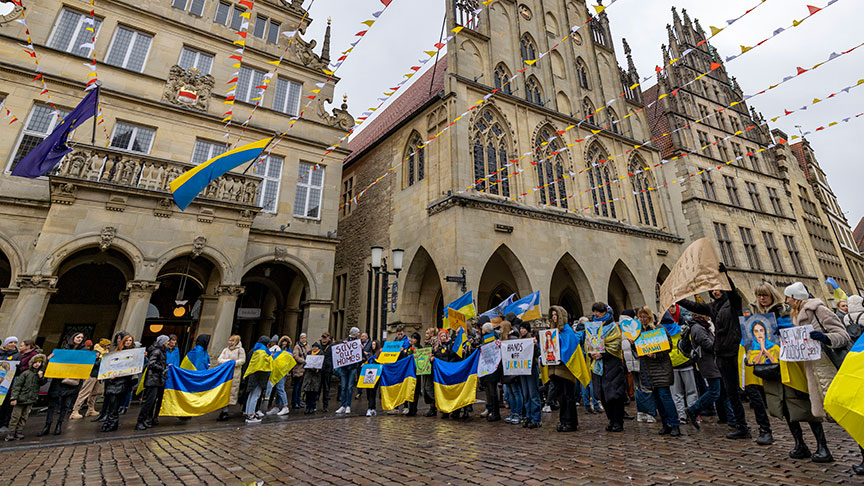As terrible as the present war in Ukraine is, it is also a struggle about history. The illegal Russian attack is based, among other things, on a disastrous misinterpretation of history. The war aims propagated by the Kremlin range from the expulsion of alleged Nazis to a return to former Soviet greatness. In the process, however, the historically established independence of Ukraine is ignored. This war in Europe warns us of how important it is to keep a watchful eye on the course of history. From the Western European perspective we long saw the “post-Soviet space” too much as a single unit and often unnecessarily limited our view to Russia.
Following the Russian attack, the DAAD made immediately and unambiguously clear that its solidarity is with Ukraine. We are standing by the Ukrainians with numerous concrete measures to enable them to maintain academic exchange and perspectives in spite of war and expulsion.


